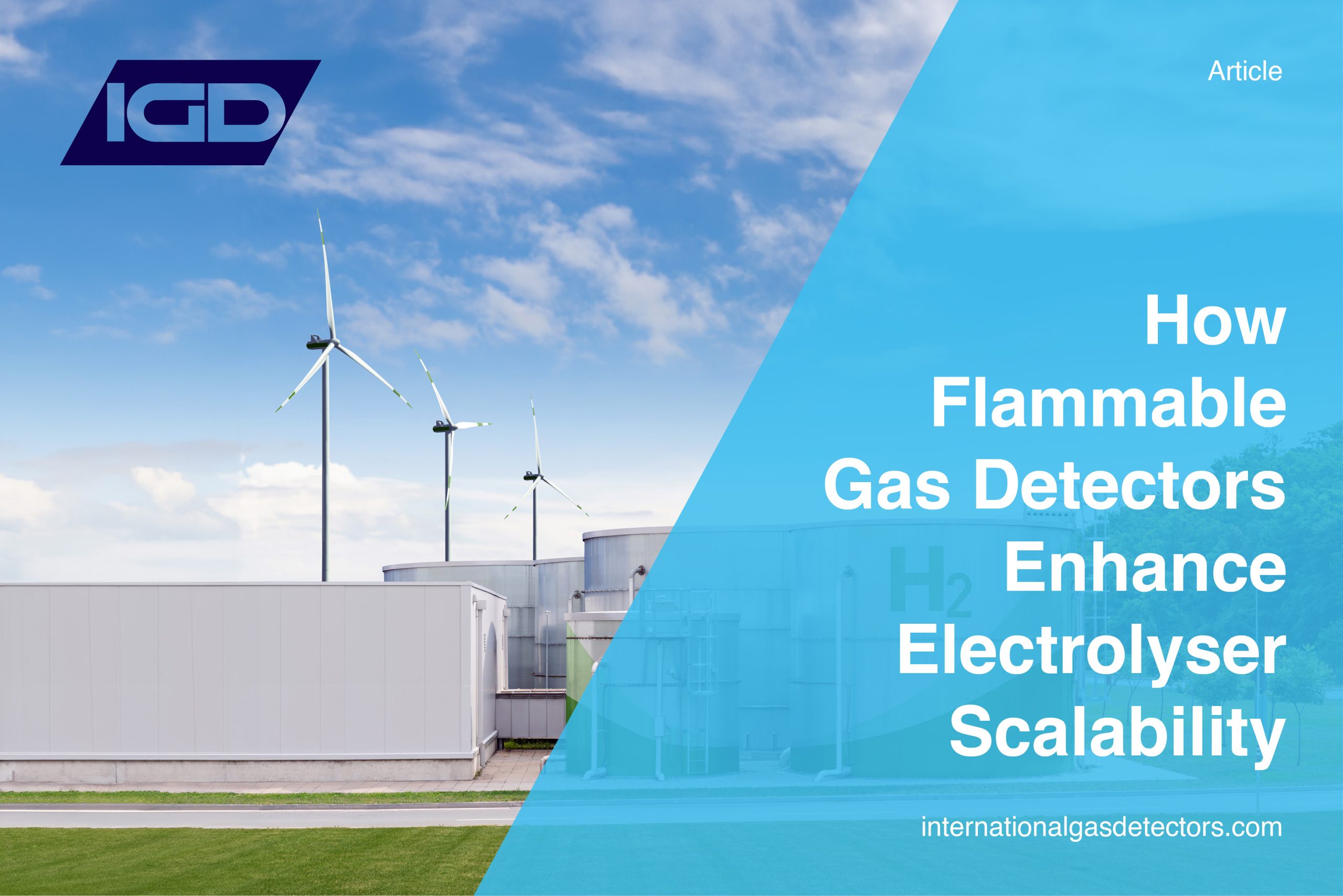Hydrogen Safety in Czech Republic: Regulations and Legislation

There is no dedicated hydrogen legislation in the Czech Republic. Existing provisions of the legal framework primarily relate to the use of hydrogen in transportation, although this area is underdeveloped.
Legislation applicable to hydrogen projects in the Czech Republic needs to be more cohesive. There is no dedicated act relating to the use or commercialisation of hydrogen in the Czech Republic.
Primary legislation
Indeed, hydrogen has only been recognised as an alternative fuel since 2017 under the Czech Act no. 311/2006 Coll., on Fuel Substances, as amended. Therefore, the application of hydrogen will dictate the rules that stakeholders must follow (such as those applying to vehicle fuels or energy supply).
These rules have yet to be drafted with hydrogen in mind, so they may not be suitable for developing and implementing hydrogen technology.
The laws which would apply to hydrogen projects will depend on the means of production, management, disposal, and use of hydrogen, thus including statutes such as the Energy Act, Chemical Act, Act on Protection of Public Health, Health and Safety regulations, transport regulations, and legislation relating to the management of dangerous gases.
There are certain sources of primary legislation which refer to the use of hydrogen
- Act no. 13/1997 Coll., on road infrastructure, as amended, which exempts hydrogen-fuelled vehicles from certain fees;
- Act no. 56/2001 Coll., on conditions of traffic on road infrastructure, as amended, setting up certain rules on number plates of electric and hydrogen-fuelled vehicles; and
- Act no. 201/2012 Coll., on the protection of the environment, as amended, which includes hydrogen under the definition of fuel substances.
Relevant secondary legislation includes Ministerial Decree no. 268/2009 Coll., on technical requirements of constructions, as amended, which addresses the technical requirements of hydrogen fuelling stations.
As amended, there is also the Ministerial Decree no. 341/2014 Coll., on technical capability and technical conditions of transport vehicles, which provides for the reconstruction of a hydrogen-fuelled vehicle.
The most recent government policy relevant to hydrogen is the Czech Hydrogen Strategy
There is a national action plan for clean mobility in place which also covers the use of hydrogen in transportation – namely, the NAP CM (discussed above).
There are several general national funding programmes which can be used for financing hydrogen projects (e.g. programmes “OP Doprava” and “Restart” administered by the Ministry of Transport and by the Ministry of Environment).
Since there are no hydrogen-specific provisions in Czech legislation, acts which include general provisions concerning the investment process and exploitation of industrial installations and devices apply to hydrogen projects.
Given that there are no specific hydrogen licensing regulations in place, the generic licences covering specific activities will apply to hydrogen production and processing.
For instance, producing hydrogen as a fuel in transport is likely to be covered under particular trade licences for the production, processing and distribution of fuel substances.
The Trade Licence Office issues trade licenses in the Czech Republic. There is also no special licence for energy storage, hence activities such as energy accumulation would likely fall under the electricity production licence.

